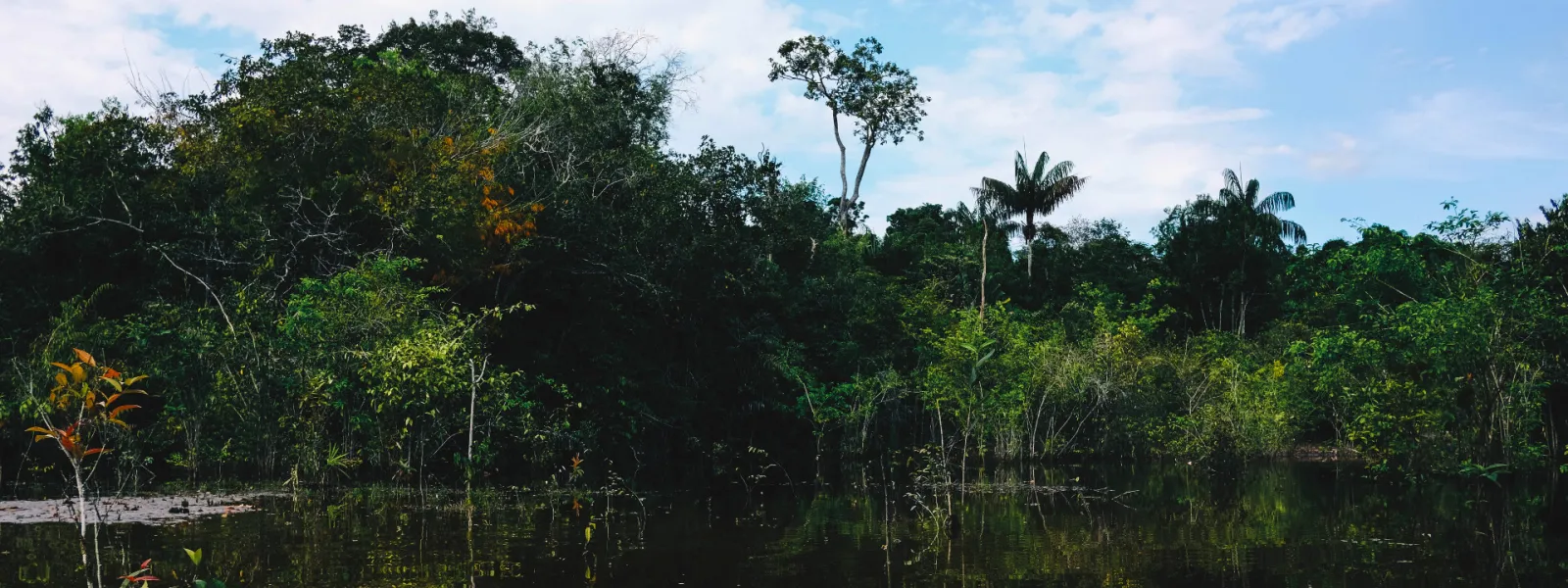
Estudios de Impacto Ambiental (EIA) en Brasil: Análisis del marco normativo vigente y el caso Belo Sun
Foto: James Cheung en Unsplash.25 March 2021
El objetivo de este seminario web, el último de una serie de tres, fue discutir la aplicación de las buenas prácticas a nivel mundial para estudios de impacto ambiental (EIA) a partir de un caso particular: Brasil.
En ese sentido, las y los panelistas analizaron los principales aspecto del marco normativo de Brasil y su aplicación práctica en el estudio de impacto ambiental realizado para el proyecto minero Belo Sun, ubicado en plena Amazonía, a la luz de los principios básicos y características que deben regir a los EIA.
Panelistas
- Tayná Lemos, Asociación Interamericana para la Defensa del Ambiente (AIDA).
- Thais Mantovanelli, Instituto Socioambiental (ISA).
- Andréia Barreto, Defensora Pública del estado de Pará.
Moderó: Marcella Ribeiro, AIDA.
Grabación
Presentaciones
1. Presentación introductoria:
2. Presentación de Tayná Lemos, AIDA:
3. Presentación de Thais Mantovanelli, ISA:
Más información
- Lee y descarga el informe Boas Práticas Globais Para Estudos de Impacto Ambiental: Um Guia Para Políticas Públicas na América Latina e no Caribe.
